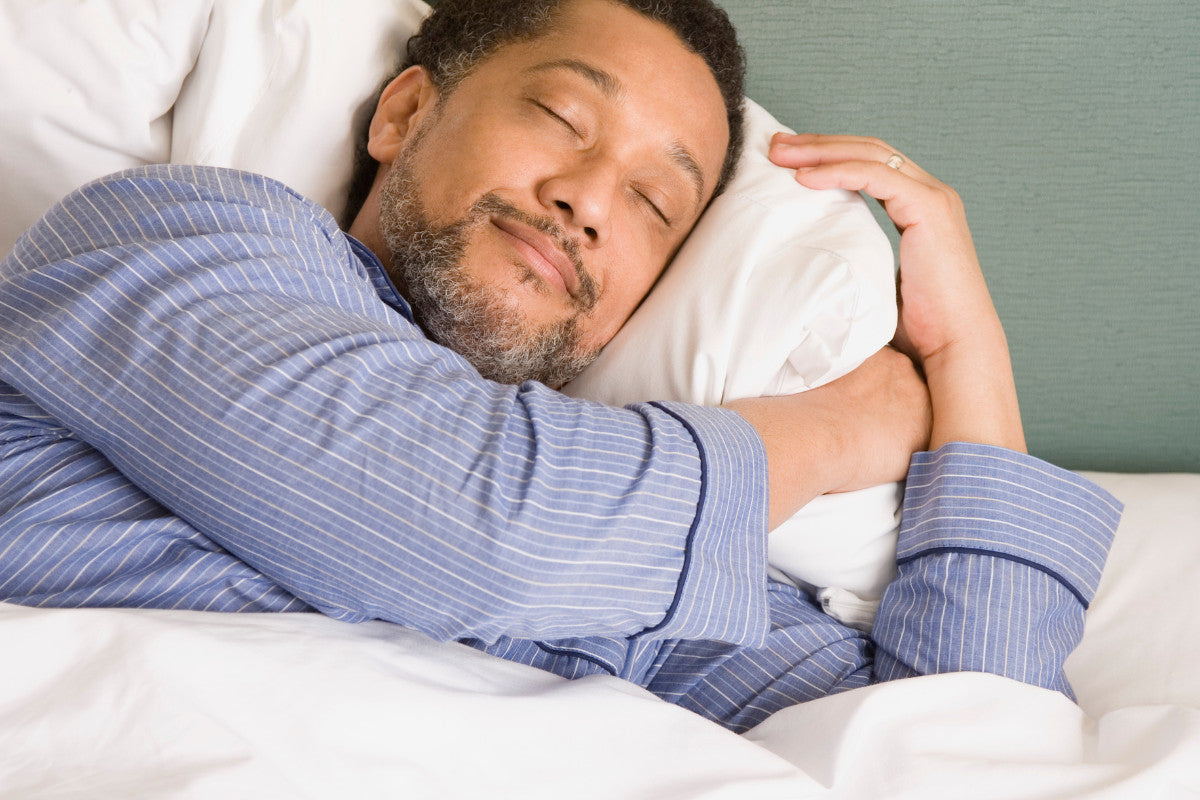Your Cart is Empty
FREE SHIPPING OVER $45 & RETURNLESS REFUNDS

Sleep is just as important as exercise when it comes to staying healthy and feeling refreshed. Lack of sleep can have both negative short-term and long-term effects on the body.
But sometimes we don't always know the reason behind why. If you're battling fatigue and you're not 100% sure why, check out this blog where I go over some common culprits. Then make your way back and try out some of these tips:
Going to sleep at the same time every night can help train your body and mind to know when it's time to get ready for bed. Doing it consistently may even help aid in your long-term sleep quality.
Believe it or not, your environment can affect how well you sleep. When your room is optimized for light and noise levels, temperature, and comfort, you can go to sleep easier.
Try making sure your room is as dark as possible, reducing noise by wearing earplugs or silencing your phone, and keeping the temperature cool.
Caffeine can make it harder for you to fall asleep so it's best not to consume it right before you plan on going to bed. Even drinking it a few hours beforehand can significantly disrupt your sleep.
Just 30 minutes of exercise can help you sleep better at night and may even help reduce the amount of time it takes for you to fall asleep. You don't want to exercise right before you're about to hop in bed though. Give yourself at least 1 to 2 hours before you're ready to go to sleep to give your body time to wind down.
Short power naps are beneficial, but long or irregular naps can negatively impact your sleep. If you sleep longer during the day, you're less likely to go to sleep on time at night.
Sleeping only 30 minutes or less can enhance your brain functions while longer naps can harm your health.
You may be able to help improve your circadian rhythm and get to sleep easier by getting more natural sunlight during the day and less artificial light at night. A lack of sun exposure can actually lead to a risk for developing insomnia.
Nighttime exposure to bright or blue light can trick your brain into thinking that it's still daytime and not time to sleep. Limit your blue light by turning off the TV at least 2 hours before bed and dimming the lights on your computer or phone.
Create a pre-sleep routine that will help you sleep. Try listening to relaxing music, taking a bath with lavender, meditating, trying deep-breathing exercises, or partaking in some yoga.
Find what works best for you and incorporate it into your nighttime routine.
Let me know what topics you're interested in, and I'll do my best to include them in future blogs! Email me at mark@outbackoil.com
When should I take this product, breakfast or dinner??
Mark from Outback
May 17, 2024
Hey, David. If you’re referring to our Magnesium+, you can take it at either meal, whichever one works best for you. Take 2 capsules daily with food for the first 2 weeks of usage. Then, take 3 capsules daily with food. Take all the capsules all as one dose.